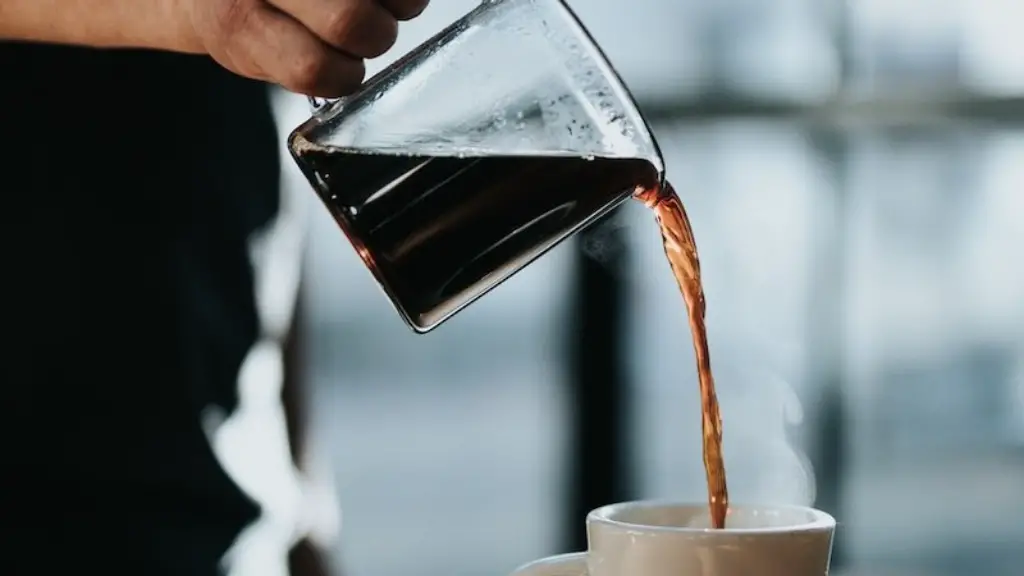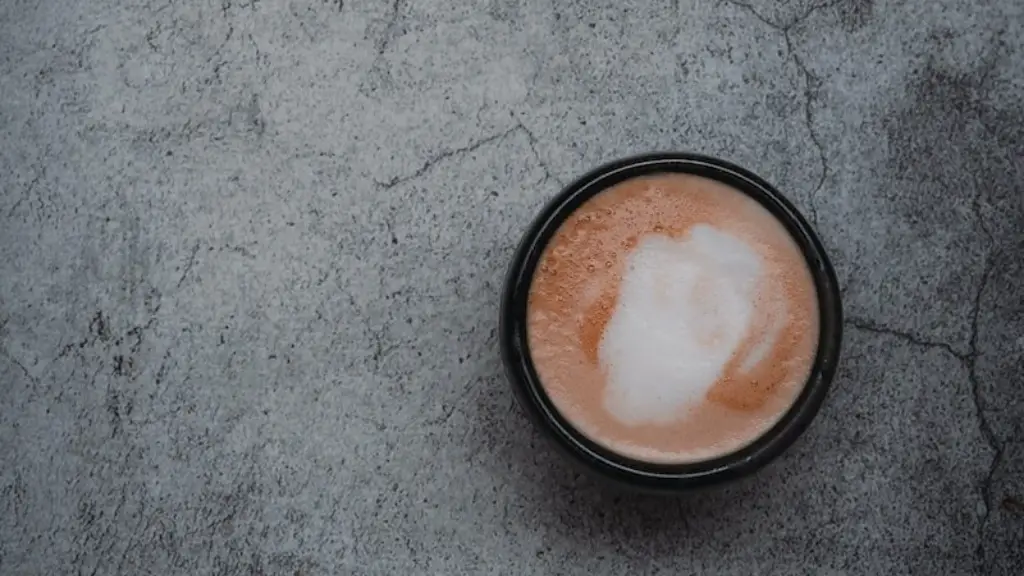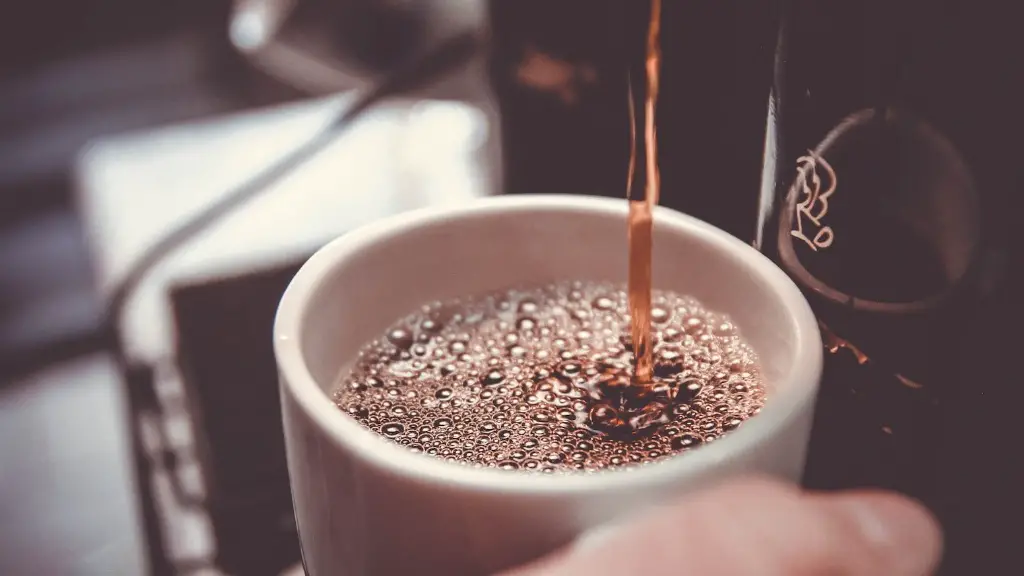Coffee is one of the world’s most popular caffeine-containing beverages. Over half of Americans drink coffee every day, but is coffee associated with high blood pressure? The research surrounding coffee and its potential effects on blood pressure is both intriguing and confusing.
Data regarding the effects of coffee are inconclusive. Some research suggests that drinking coffee may lead to increased blood pressure, while other findings suggest that coffee may protect against it. A systematic review of coffee published in 2017 concluded that coffee, in general, has a modest effect on blood pressure, but the results of individual studies are not conclusive.
Experts generally agree that those who already have high blood pressure should not consume caffeine-containing beverages, such as coffee. However, for those without high blood pressure, drinking coffee may not be harmful. The World Health Organization recommends that people with hypertension limit their intake of caffeine to one or two cups of coffee a day. It is important to note that the amount of caffeine can vary depending on the type of coffee, so it is best to carefully monitor the caffeine content.
In addition to the potential effects on blood pressure, drinking coffee can have potential benefits. Coffee contains caffeine, which is a natural stimulant. Its stimulant effects have been linked to improved focus and alertness. Coffee can also increase the metabolic rate, which can lead to weight loss. Coffee is also a good source of antioxidants, which may help protect against certain chronic diseases. The health benefits of coffee vary depending on the type of coffee and how it is prepared, so it is important to do research and make sure you’re getting a healthy cup!
When it comes to coffee and blood pressure, the effects of drinking coffee can be both beneficial and harmful. It is important to consider individual health factors when determining whether or not to drink coffee, as well as to research the type of coffee and the amount of caffeine. With moderation and careful monitoring, drinking coffee can be a safe and enjoyable part of a healthy lifestyle.
The Effects Of Caffeine On Blood Pressure
Caffeine has long been linked to increases in blood pressure. A study from 2012 found that caffeine consumption resulted in short-term increases in both systolic and diastolic blood pressure. Additionally, a study published in 2014 observed that drinking caffeine-containing beverages was associated with increased risk of hypertension in post-menopausal women. However, it is important to note that the effects of caffeine on blood pressure varies from person to person and depending on the dose.
In addition to directly increasing blood pressure, caffeine can also lead to increases in stress hormones. Caffeine intake can increase the production of the stress hormones cortisol and epinephrine, which can cause increases in blood pressure. This may help to explain why some people experience a significant rise in their blood pressure after drinking coffee.
Furthermore, the arterial wall is affected by certain components in coffee. When we consume coffee, a component called homocysteine can accumulate in the walls of our arteries. This can cause a blockage in the arteries and lead to increased stiffness, which, in turn, can lead to increased blood pressure.
Overall, the evidence regarding caffeine and its potential effects on blood pressure is rather inconclusive. However, since caffeine does have the potential to increase blood pressure, it is important for people with hypertension to monitor their intake of coffee and other caffeine-containing beverages, and to speak to their doctor or healthcare provider about their individual risk.
Caffeinated Drinks Vs Decaf Drinks
When it comes to blood pressure, the difference between caffeinated and decaffeinated coffee is rather minimal. A study from 2014 found that drinking both caffeinated and decaffeinated coffee increased systolic blood pressure, but the difference between the two types of coffee was not significant.
However, it is important to note that decaffeinated coffee is still a caffeinated beverage, and it is still important to be mindful of the amount of decaffeinated coffee you consume. Furthermore, decaffeinated coffee can still contain caffeine, depending on how it is processed, so it is important to familiarize yourself with the process and source of your decaffeinated coffee.
In addition to caffeine-containing beverages, there are other ways to reduce blood pressure. Eating a healthy diet and maintaining a healthy weight can help to reduce blood pressure, as well as regular physical activity and avoiding smoking. Reducing stress levels can also help to lower blood pressure, as stress has been linked to increases in cortisol and epinephrine, which can lead to increased blood pressure.
Overall, it is important to be mindful of the type and amount of coffee you are drinking. Caffeine has the potential to increase blood pressure, and if you already have hypertension, it is important to speak to your doctor or healthcare provider about your individual risk factors. Other lifestyle factors, such as diet and physical activity, can also help to reduce your risk of developing high blood pressure.
Coffee and Hypertension Medication Interactions
Though coffee is generally safe for people with hypertension, it is important to consider interactions between coffee, hypertension medications, and other medications. Caffeine, which is found in many types of coffee, has been linked to possible interactions with certain medications, including some antihypertensive drugs. Some of these medications may become less effective when taken with caffeine, so it is important to talk to your healthcare provider about your individual risk.
In addition, consuming too much coffee in a single sitting can increase the risk of significant side effects. In some cases, this can lead to increased heart rate, anxiety, muscle tremors, and headaches. It is therefore important to drink coffee in moderation and to space out your caffeine intake throughout the day.
Finally, it is important to consider other ingredients in coffee-related beverages. Many coffee-flavored drinks, such as lattes, cappuccinos, and mochas, are made with cream, milk, or dairy substitutes and added sugars. These ingredients can have an impact on hypertension, such as increasing cholesterol and triglyceride levels. Therefore, it is important to be mindful of the ingredients in your coffee and to choose drinks with fewer added ingredients.
Coffee and Hypertension: The Takeaway
When it comes to coffee and hypertension, the effects of drinking coffee can be both beneficial and harmful. It is important to consider individual health factors when determining whether or not to drink coffee, as well as to research the type of coffee and the amount of caffeine. With moderation and careful monitoring, drinking coffee can be a safe and enjoyable part of a healthy lifestyle.
In addition, it is important to consider interactions between coffee, hypertension medications, and other medications. Furthermore, it is important to be mindful of the ingredients in coffee-related beverages, as some can have an impact on hypertension. By following these guidelines and speaking to their healthcare provider, people with hypertension can enjoy coffee as part of a healthy lifestyle.




